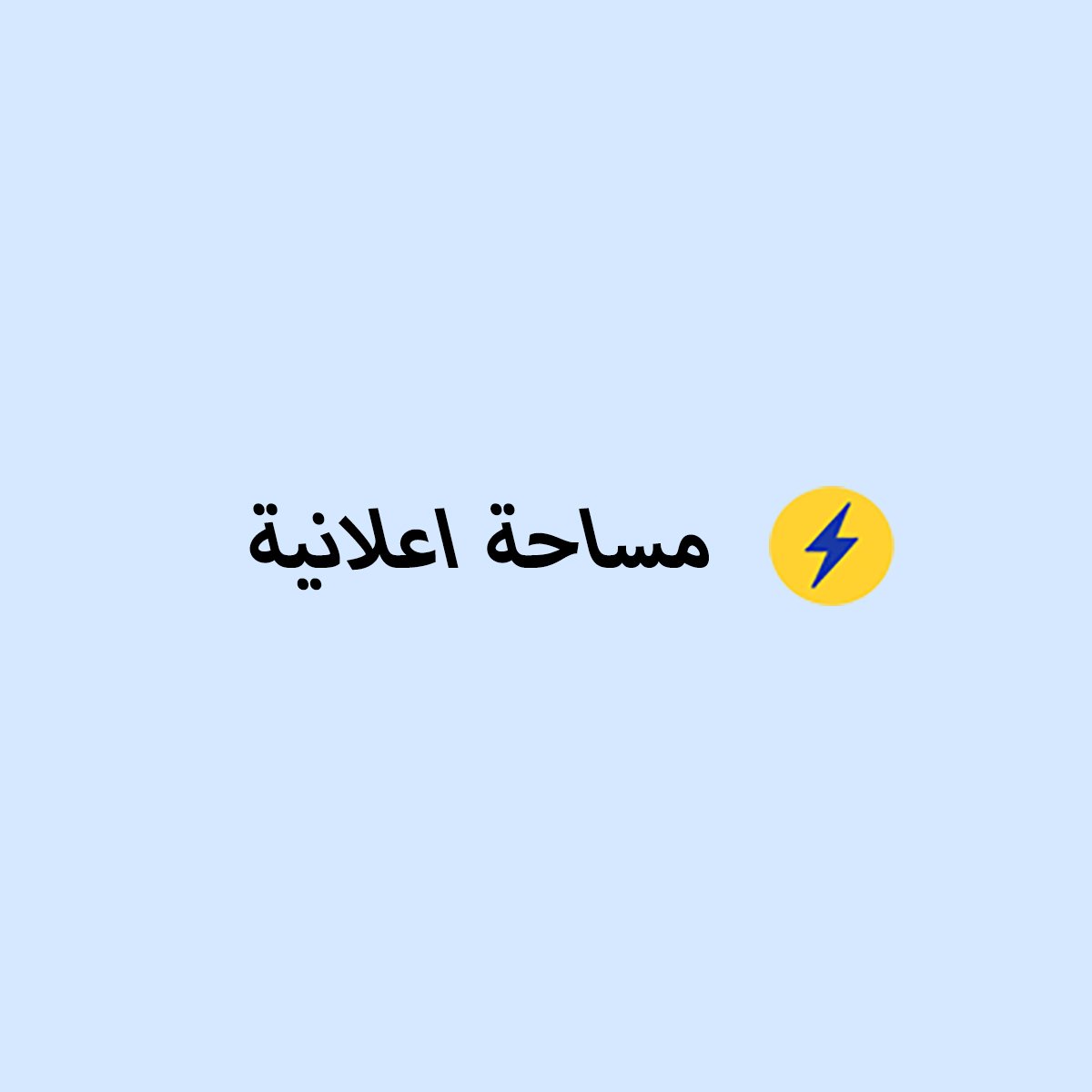Bright Tomorrow Model National Kindergarten provides a modern educational environment aimed at developing children's skills through advanced methods that meet the standards of the Saudi Ministry of Education. The kindergarten adopts an integrated curriculum that focuses on interactive learning, promoting educational values, and preparing children for the elementary stage. The kindergarten offers advanced academic programs including Arabic language, mathematics, and English language, alongside artistic and movement activities that develop creativity. It also ensures a safe and comfortable environment under specialized educational supervision, making it the ideal choice for parents seeking distinguished education for their children.
To be a pioneer in providing innovative and distinguished education, developing a conscious and creative generation capable of effectively contributing to building a bright future for society.
To provide an environment that promotes Islamic and ethical values, and develops children's intellectual and social skills through advanced curricula and qualified teaching staff, in cooperation with parents and the local community.
Develop children's linguistic and cognitive skills through modern educational methods. Stimulate creativity and exploration through interactive activities and practical experiences. Prepare children for the elementary stage through integrated curricula focusing on critical thinking. Promote Islamic and ethical values in a supportive educational environment. Develop social skills and promote cooperation and communication among children. Provide a safe and stimulating environment that encourages learning and independence.
4500
AvailableKG 1
4500
AvailableKG 2
4500
AvailableKG 3
activities classes
games playground
Integrated educational curriculum that enhances language, science, and mathematics skills through modern methods.
Safe and monitored environment providing continuous protection with stringent security measures.
Qualified teaching staff concerned with developing the child's cognitive and behavioral abilities.
Diverse activities including interactive learning, arts, and sports to promote creativity.
Strong foundation for the elementary stage through advanced educational programs.
Individual care ensuring attention to each child according to their needs.
The student must be within the appropriate age group for the academic stage.
Submission of required documents, including birth certificate, family record, and parent's ID card.
Submission of vaccination certificate and medical certificate proving the child is free from infectious diseases.
Passing the personal interview and assessment test.
Payment of fees according to the kindergarten's policy.
The kindergarten focuses on providing its educational programs in accordance with the ministry's curriculum, which focuses on studying the following subjects:
Arabic language reading and writing.
Islamic education.
Mathematics.
English language.
Science.
Physical education.
Art education.
There is mixing between girls' and boys' classes in Bright Tomorrow Model National Kindergarten.
You can view the complete details of tuition fees through the school's page on the mdares.ai platform.
Artistic activities encouraging children to participate in activities such as drawing.
Movement activities to promote physical activity in the games hall.
Educational activities represented in presenting lessons in innovative ways in which students participate.
Participation in initiatives organized by the educational district.
Celebration of Founding Day, World Children's Day, and Teacher's Day.
The kindergarten applies the basic Saudi curriculum approved by the Ministry of Education, which integrates academic education with religious and national values.
Bright Tomorrow Model National Kindergarten is located in Al-Andalus District, Asir Region, Kingdom of Saudi Arabia.
Modern classrooms.
Activity rooms.
Play areas.
Theater hall for performances.
Bright Tomorrow Model National Kindergarten ensures student safety by providing a secure environment, including modern monitoring systems, continuous supervision by the educational staff, secure gates, and the implementation of well-studied emergency procedures. Regular health and hygiene checks are also conducted to ensure children's safety.
